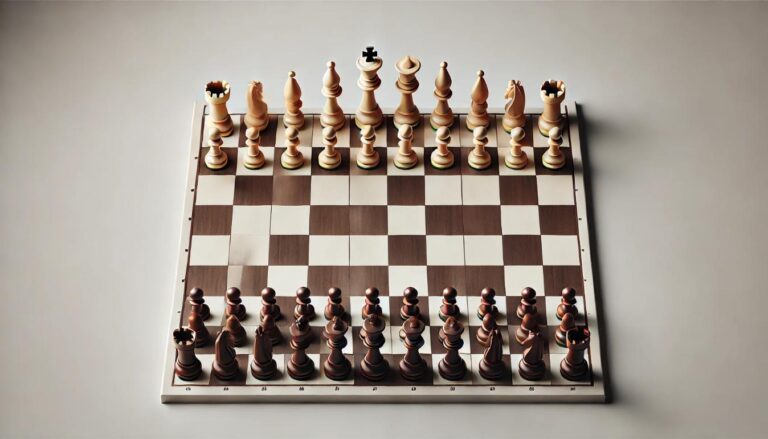Introduction
Chess is a complex and challenging game that requires both intellectual and strategic thinking. Many players, from beginners to grandmasters, are constantly striving to improve their skills and make consistent progress in their chess journey. However, this can often feel like an elusive goal, with wins and losses seeming to come at random. So, what is the secret to achieving consistent progress in chess? In this article, we will explore four key elements that are crucial for making consistent progress in chess.
Practice Makes Perfect
The first and perhaps most obvious element is practice. Just like any other skill, chess requires regular and deliberate practice to improve. This does not mean simply playing countless games, but rather actively studying and analyzing both your own games and professional games. This helps you to identify your strengths and weaknesses, as well as learn new strategies and techniques.
It is also important to set goals for your practice sessions. This could be improving a specific aspect of your game, such as opening variations or endgame strategies, or working on your calculation and visualization skills. By setting goals and focusing your practice on specific areas, you can make more targeted and effective progress.
Additionally, practicing with a variety of opponents, both stronger and weaker than you, can also be beneficial. Playing against stronger opponents challenges you to think deeper and improve your game, while playing against weaker opponents allows you to practice your techniques and try out new ideas.
Study and Learn from the Masters
Another key element to consistent progress in chess is studying and learning from the masters. This involves studying and analyzing games played by top players, both current and historical, to gain insights into their thought processes and strategies. There are many resources available, such as books, online courses, and databases, that provide access to professional games and provide commentary and analysis.
Studying the classics, such as games played by legends like Bobby Fischer and Garry Kasparov, can also be highly beneficial. These games often showcase timeless principles and strategies that are still applicable in today´s game. Additionally, studying annotated games by top players can help you understand their thinking behind each move and improve your own decision-making process.
Train Your Mind and Body
While chess is primarily a mental game, it is important to not neglect the physical aspects of your well-being. Training your mind and body can help improve your overall concentration, focus, and decision-making abilities during a game.
Engaging in physical activities, such as exercise and sports, can help improve your stamina and endurance, allowing you to play longer and more effectively. In addition, activities that require mental focus and concentration, such as meditation and yoga, can also help improve your mental clarity and focus during a game.
It is also important to take care of your mental health and well-being. Chess can be a mentally taxing game, and it is essential to take breaks and give yourself time to relax and rejuvenate. This can help prevent burnout and keep your mind sharp and focused when you do sit down to play.
Play, Analyze, and Repeat
Finally, a crucial element to consistent progress is the cycle of playing, analyzing, and repeating. Playing games is necessary to put your skills and knowledge into practice and challenge yourself against a human opponent. However, just playing without analyzing your games can limit your progress.
After each game, it is important to take time to analyze the game, identify any mistakes or missed opportunities, and come up with ways to improve. This can be done with the help of a coach or by using software and databases to analyze your moves. By actively reviewing and learning from your games, you can avoid making the same mistakes and gradually improve your decision-making abilities.
Remember, consistency is key. The more you practice, study, and analyze, the more progress you will make over time. It is a continuous process, and even the top players in the world are constantly learning and improving their game. By incorporating these elements into your training, you can unlock the secret to making consistent progress in chess and reach new levels of skill and mastery.
Conclusion
The secret to consistent progress in chess lies in a combination of practice, studying, training, and learning from the masters. By incorporating these elements into your training regimen, you can improve your skills and make steady progress in your chess journey. However, it is important to remember that progress takes time and dedication, and it is important to not get discouraged by setbacks or losses. With consistent effort and a love for the game, you can continue to make progress and reach new heights in your chess playing abilities.

